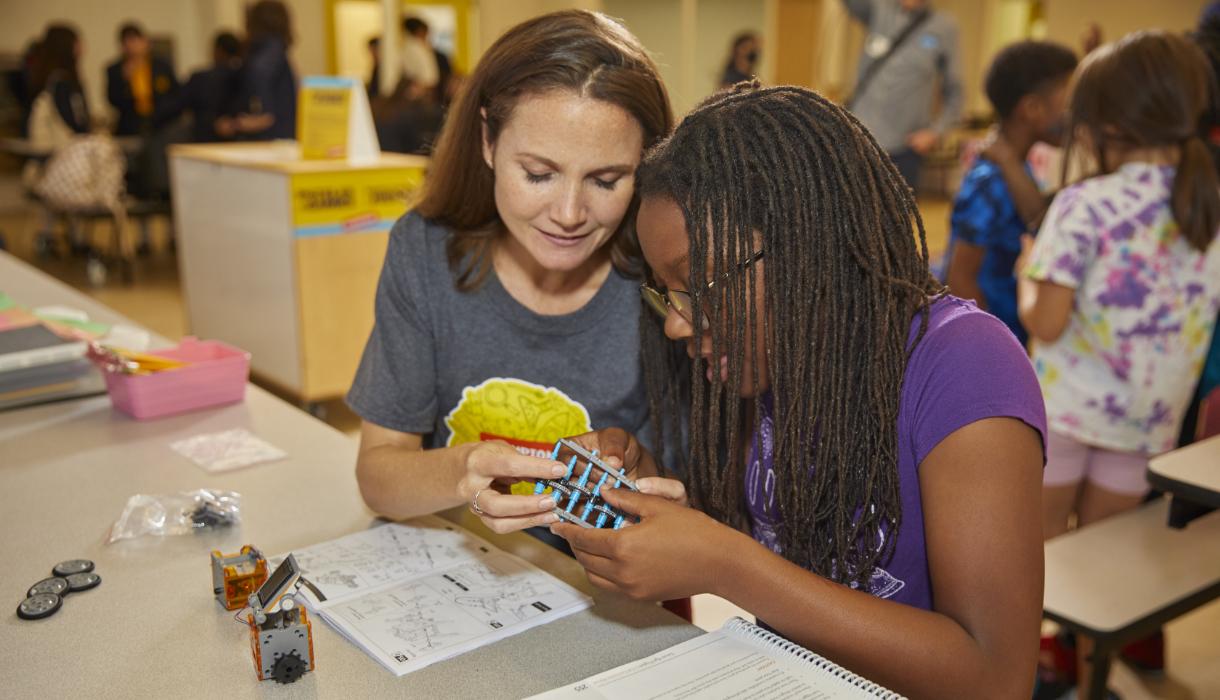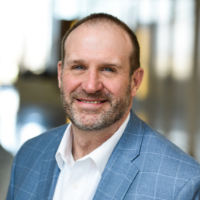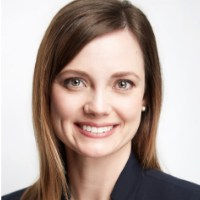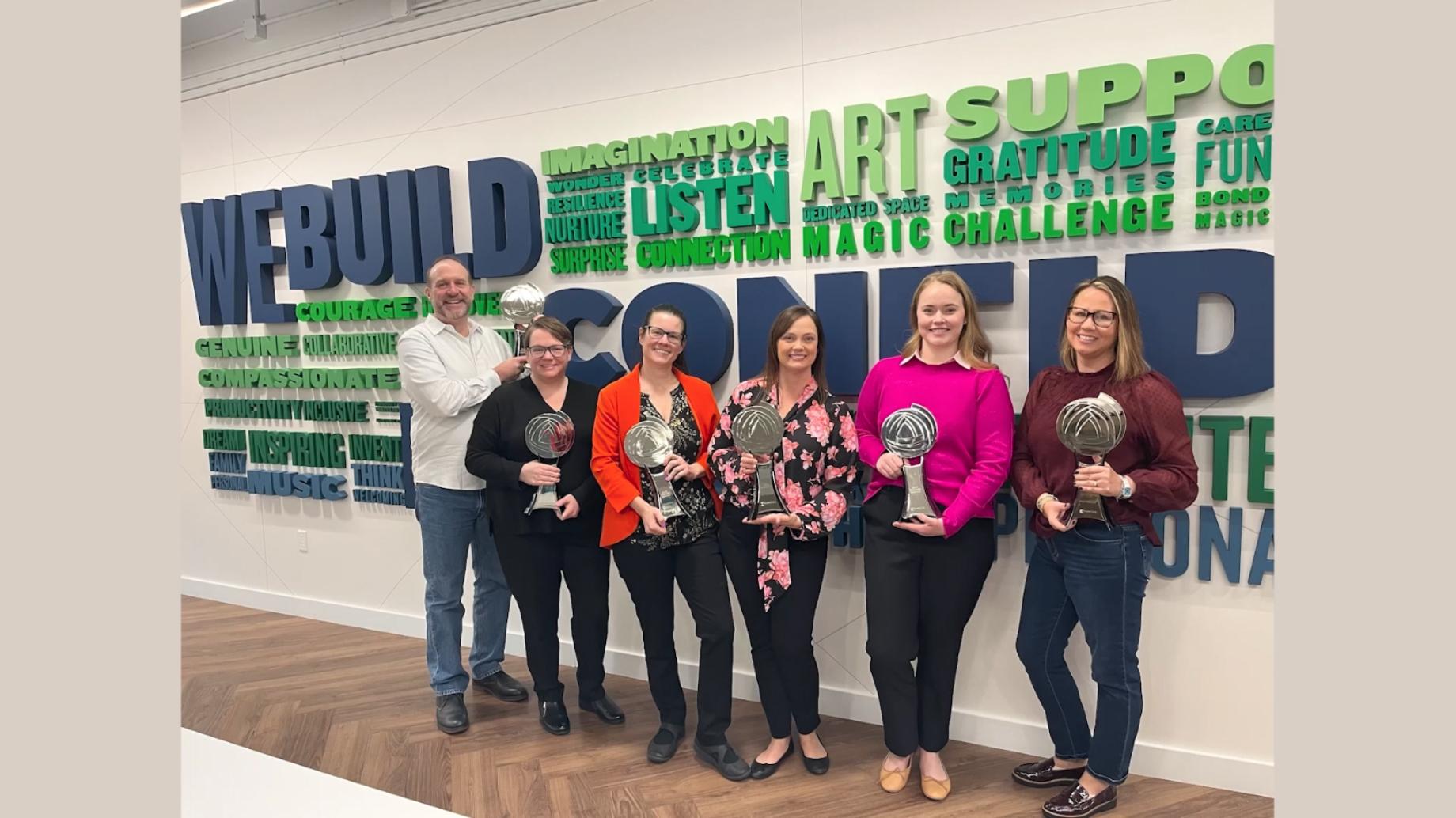For KinderCare, It All Started With Culture

The child care industry has historically been challenged by the same issues: high turnover, low learning standards and razor-thin profit margins. In 2012, KinderCare was no exception — at least not when it came to its financial metrics. The economic recession and rumors of bankruptcy were punctuated by 14 consecutive quarters of decline and a large number of families leaving their centers. But what made KinderCare different was that it wanted to do something about it. That's where newly appointed CEO Tom Wyatt stepped in.
Wyatt hoped to set KinderCare on a different trajectory by centering its values: that all children who attend KinderCare programs have the best education and learn from engaged educators, and that the families who entrust KinderCare with their kids feel cared for and supported. A look at its best and lowest performers hinted that the organization was facing a culture issue more than anything else. And Wyatt discovered that by engaging with Gallup's workplace science, KinderCare could gain a thorough understanding of what worked and what didn't — and in doing so, take a bold new approach to child care.

A decade later, KinderCare is a major success story. It's one of the largest providers of early childhood education in the U.S., serving nearly 200,000 children across 2,000 programs. It has won Gallup's Exceptional Workplace Award seven years in a row, and learning outcomes among children are at an all-time high. It's an impressive journey for just 10 years. How did it rise above the common challenges of its industry?
Wyatt's values focus was right. It all starts with people.
An Undeniable Advantage
Getting its people right didn't only mean teachers. When families and their children are your customers, you can't make hollow promises. Wyatt wanted to define and deliver on clear, customer-driven service values — values that KinderCare's culture could uphold while ensuring families that they could rely on the company for consistency. That's where Gallup came in.
Using the analytical rigor that Gallup brings to its workplace science, it conducted qualitative research to understand what would resonate with families and feel authentic to employees. This was an effort to bridge the gap between parents and teachers, creating a powerful partnership between people aligned on the desire to help children develop.

"They're the only company in our portfolio that built the bridge between employees and customers through values. They put those values in the middle, between families and employees, and they've threaded all of these practices into an operating system. Nobody cooks it the way they cook it."-- Ed O'Boyle, Global Practice Leader, Gallup
Gallup's research produced 12 service values important to families, and KinderCare involved teachers in narrowing that list by having them vote on the values that resonated with them. This process led to employee buy-in and ownership over these principles. Teachers and field leaders chose six core service values aligned with what families were most concerned about. Rather than guessing what families sought most, program staff could know with certainty that delivering on those six promises would meet family expectations. And naturally, Wyatt wanted to be sure that educators could meet those expectations time and time again — and just as importantly, that they were motivated to.
A KinderCare Guiding Pillar
Educators need support to succeed, just like any worker. Using Gallup's Q12® engagement survey, KinderCare took the pulse of the key players driving its organization — its employees. The next steps were clear: If teachers were going to meet family expectations, there was work to do on meeting employee needs.
Creating a dedicated employee engagement strategy, which combined employee listening with program-level action planning, led to a culture where teachers were heard and supported in better meeting the needs of the children and families they served. KinderCare also started measuring family engagement so it never lost sight of its ability to meet family needs. Each program consistently receives scores and acts on its survey results to course-correct and keep momentum on what works.
The first employee engagement survey results revealed that KinderCare had one disengaged employee for every engaged employee. Now, in its 10th administration of the survey, it has 18 engaged employees per one disengaged. In an industry where providers and educators compete and struggle to prove that they're the best, KinderCare has the numbers to prove that it is. Workplace science gives the company an undeniable competitive advantage.

"It's one thing to understand our science, but it's a whole different thing to apply it, and KinderCare has done so in ways that have transformed their organization. It's a joy to watch them succeed, and walk into a center with high employee engagement and family engagement, and see that environment where those children are getting the best possible experience in their day."-- Kristi Rubenstein, Managing Director, Enterprise Consulting, Gallup
The ROI of Getting People Right
Part of what plagues the child care industry is inconsistency. Every child care provider will say they love children — but few sufficiently research what's most important for childhood development or implement best practices. How can they really know they have the best teachers, environments or values to serve families and kids?
KinderCare realized that a science-backed focus on talent — hiring truly inspired educators and creating an exceptional environment for them and children — could not only turn the company around but also be a first-of-its-kind effort in the industry. Wyatt wanted to understand what makes a truly great teacher.
Gallup then helped develop the first-ever talent assessment tool focused on the early childhood education industry. Gallup interviewed more than 700 KinderCare teachers to learn what makes them tick and how they have a knack for creating classrooms full of happy, confident children. The research-backed approach was based on KinderCare's most talented teachers, allowing them to spot similar educators with the same gifts.

"What was so beautiful about our partnership with Gallup from day one was they helped us understand it was about the emotional connection of our employees. You can feel the difference in what is happening in our centers. That is the beauty of the work that you all do — you give us data to help us drive conversations around emotional connection, and in a business like ours, that is the bread and butter of what we do."-- Jessica Harrah, CPO, KinderCare
When KinderCare started to rely on its new selection tool, which compared an applicant's innate talents with exceptional teachers in the research group, there were almost immediate performance results.
The analytics-based approach led to measurable positive outcomes:
Children with a teacher recommended by the assessment tool showed a two-month advantage in reading and math.
Centers and programs with more than 75% of teachers recommended by the assessment showed a four-month developmental advantage.
Centers and programs with more than 75% of teachers recommended by the assessment had 13% more children measured as "gifted."
This approach directly affected business performance too — families want to stay connected to early learning programs that genuinely help their children thrive. Programs with an above-average number of recommended teachers showed 2.5 times the net revenue growth and nearly 13 times the profit growth of other programs, driven mostly by more families enrolling and staying with KinderCare long-term. There's a high ROI when you get people right.
The KinderCare Standard
Many factors contributed to KinderCare's turnaround. Discoveries about teacher talent, engagement strategies and values alignment make a difference every single day for the teachers, parents and children in KinderCare's programs. And after facing several quarters of decline, it has since enjoyed 23 consecutive quarters of financial growth — and an expanding network of 2,000 centers and sites serving nearly 200,000 children.
"Thank you for the partnership. Thank you for helping us become the provider that we are. You are alongside us as we serve more than 200,000 children annually across the country, and we're grateful for it."-- Jessica Harrah, CPO, KinderCare


